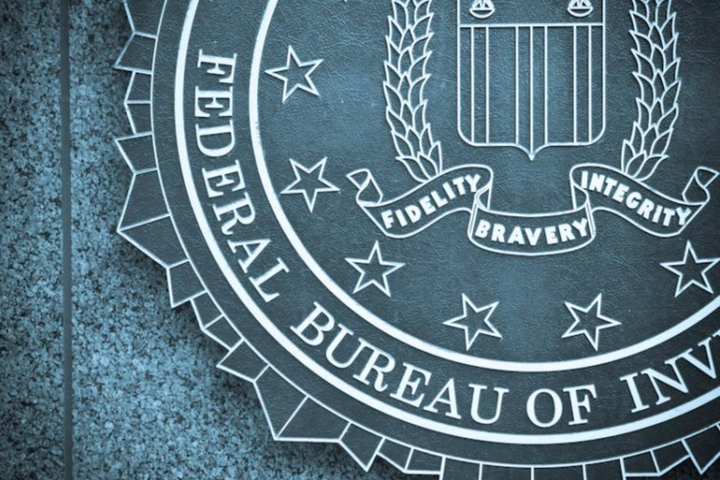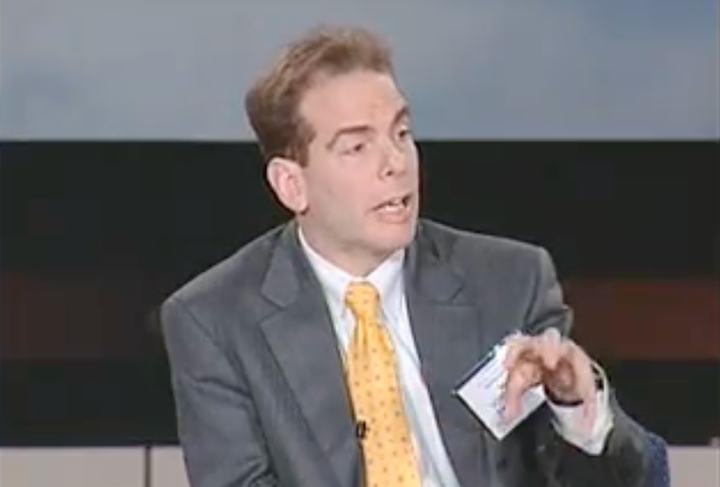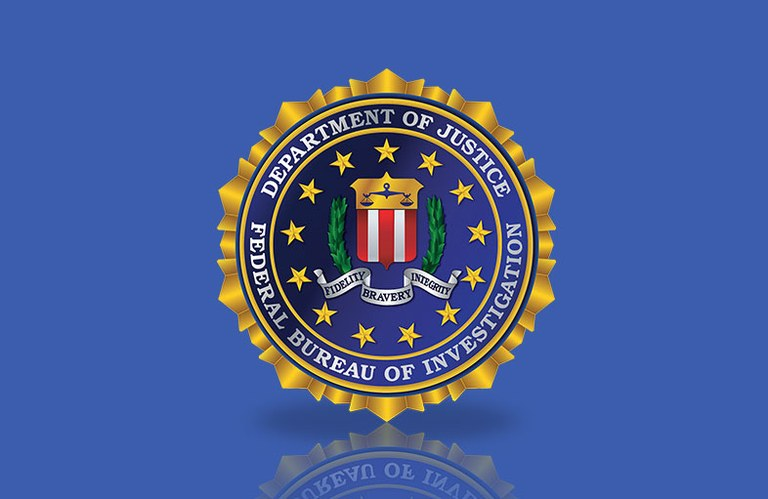Against Blocking The New York Times From Publishing Project Veritas Documents

A judge extended a temporary ban against the New York Times publishing documents from Project Veritas, further alarming press freedom groups.
As Reuters reported, “Justice Charles Wood of the Westchester County Supreme Court said his temporary ban imposed on [November 19] will run at least until December 1, a deadline for Project Veritas to respond in writing to the Times' bid to end it.”
The extension came after a hearing in White Plains, New York, that was part of a defamation lawsuit filed by Project Veritas against the Times.
Freedom of the Press Foundation advocacy director Parker Higgins reacted, “Today's decision to allow this prior restraint of New York Times publishing to continue—and to restrict the paper's reporters from engaging in common news gathering activities besides—is a shameful development. It is a cornerstone of the law in this country that any prior restraint, even a very temporary one, is constitutionally permissible only in the most extreme scenarios.”
“As the Times noted in its briefing on the issue, the result has been that such an order has not been entered against it since the Pentagon Papers case some 50 years ago."
“While it's not totally unheard of for a court to inadvertently cross that line, it's rare and troubling to see a judge double down on that mistake even as legal experts have shone a spotlight on the case,” Higgins added.
In early November, the United States Justice Department executed search warrants against three employees of Project Veritas—James O’Keefe, Spencer Meads, and Eric Cochran. They were supposedly searching for Ashley Biden’s diary, which authorities suspect was stolen. (Ashley is President Joe Biden’s daughter.)
The Times covered the raids and simultaneously published a story that described the memos as documents that show how far the group believes it can go before “deceptive reporting practices” run “afoul of federal laws.” But nothing highlighted pointed to any illegal acts committed by Project Veritas, and the firm argued the memos highlighted were leaked by a government source who pulled them from a phone seized by FBI agents.
The American Civil Liberties Union (ACLU), the Committee to Protect Journalists (CPJ), and Reporters Committee for Freedom of the Press (RCFP) expressed concerns about the FBI raids. RCFP filed a motion requesting the court unseal the "search warrant application, supporting affidavit, and other judicial documents related to law enforcement’s search of O’Keefe’s home."
Continuing their defense of press freedom, 50 groups, including CPJ and RCFP, signed on to a brief submitted to the court that challenges the court's infringement upon freedom of the press.
On November 19, the court ordered the Times to show why the court should not instruct the media organization to “remove all references to or descriptions” of Project Veritas’ “privileged attorney-client information published” on the Times’ website on November 11 and to “immediately return and/or immediately delete all copies of Project Veritas’ attorney-client privileged materials that are in the New York Times’ possession.”
The court additionally asked the Times to demonstrate why they should not be required to “sequester and refrain” from further publication of any “attorney-client privileged materials” and cease any efforts to “solicit and acquire” additional “attorney-client privileged materials.”
When the Times challenged the judge, that appeal was denied by an appellate court.
As the brief to the court outlines, the proposed restrictions “violate the First Amendment’s prohibition on prior restraints.” They would “censor the Times’ reporting on information that plays no part in the instant litigation.”
“It was not obtained through, or in connection with—or to secure an advantage in—any litigation This result, in addition to being foreclosed by the First Amendment, would have grave ramifications for journalists’ ability to gather and report newsworthy information in the public interest.”
Not only would the Times be prohibited from publishing information it possesses, but their ability to gather and report “newsworthy information” on Project Veritas would be curtailed as well. The court would also “override the Times’ editorial judgment and require the newspaper to remove an article that it has already published,” according to the brief.
The brief additionally states, “When a plaintiff files suit against a newspaper (or any other organization that disseminates information to the public), the plaintiff does not thereby acquire the right to censor that organization’s reporting by asserting an evidentiary privilege. Such a result would be wholly incompatible with foundational First Amendment law, not least because it would provide litigants—and courts—with a potent method of controlling public discourse through judicial channels.”
“Indeed, it would grant the subjects of news reporting an incentive to file frivolous and vexatious lawsuits that seek not to vindicate an aggrieved right but instead to muzzle future reporting by the press defendant during the pendency of the litigation.”
The groups went through a brief history of cases where courts were asked to prohibit a news organization from publishing information. Since 1931, courts have struck down attempts, even when the Sixth Amendment rights of criminal defendants were invoked or the need to protect “confidential or proprietary business information” was raised.
“Perhaps most notably, the [Supreme Court] rejected a prior restraint preventing publication of the Pentagon Papers, in spite of the government’s claims that an injunction preventing publication was necessary to protect military secrets.”
Though this is temporary, the New York Times has not seriously faced prior restraint since the organization published the Pentagon Papers, which were disclosed by whistleblower Daniel Ellsberg.
“Prior restraints, which are orders not to publish, are among the most serious threats to press freedom. The trial court should have never entered this order. If it doesn’t immediately vacate the prior restraint, an appellate court must step in and do so,” declared Bruce Brown, the RCFP executive director.
The allegations that the government leaked material to the Times are not enough to justify an infringement on the First Amendment rights of any media outlet or member of the press.
And even if Project Veritas could prove the government leaked those memos, that does not mean the appropriate response is an order from a judge that chills press freedom as much if not more than the FBI raids, which are still shrouded in secrecy.




Comments ()